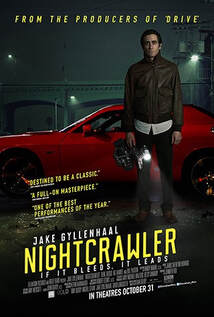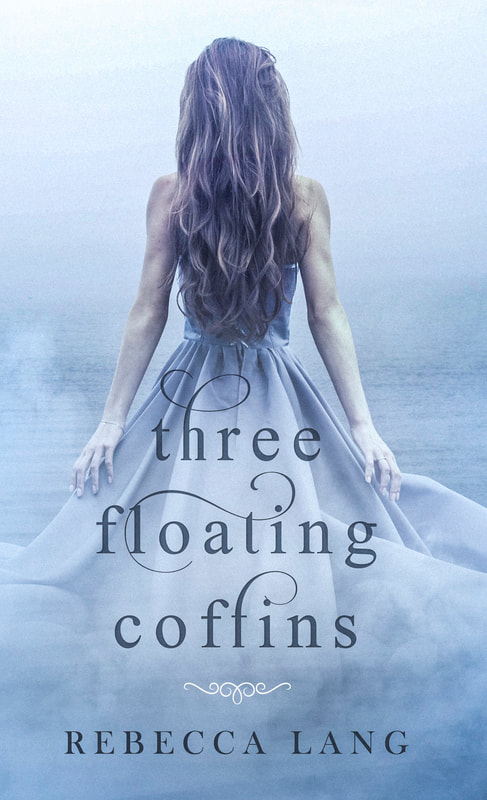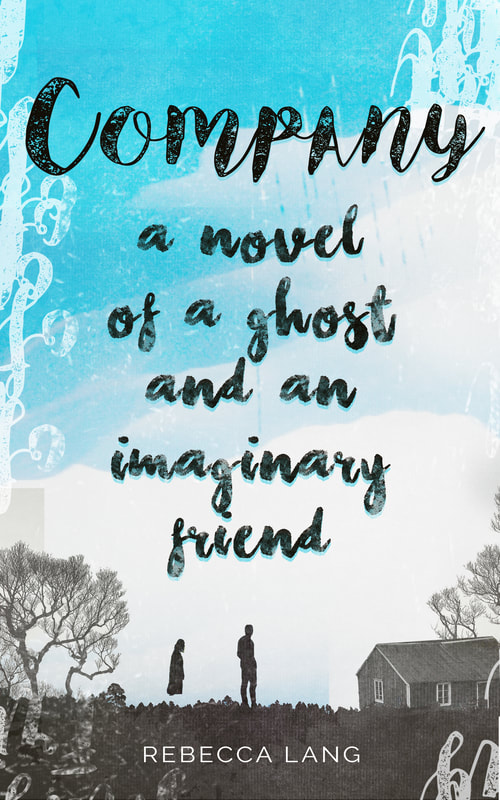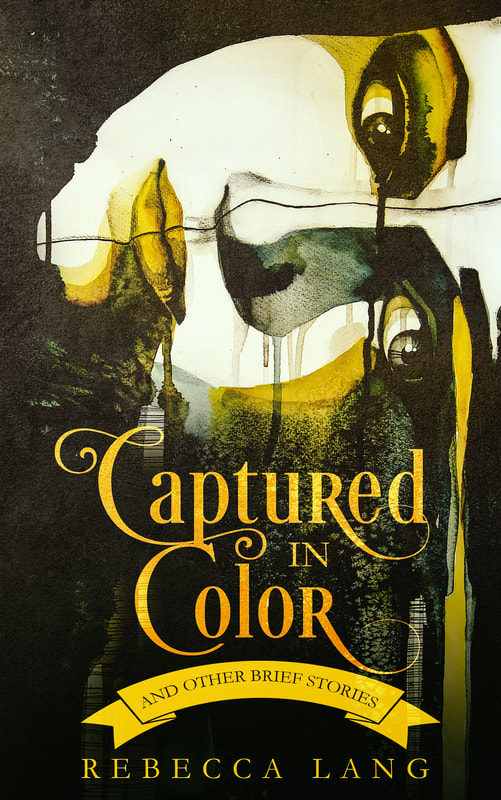|
My cousin, Nathan, who has good taste in movies (unlike me), recommended I watch Nightcrawler. He said the film was excellent, and Jake Gyllenhaal’s acting was superb. One day, while sifting through uncased DVDs at a thrift store, I found a copy of Nightcrawler for 25 cents. I triumphantly brought it back to my home. I was going to savor this movie, so I made popcorn, poured a glass of wine, and waited until it got dark. To kill time, I watched Jupiter Ascending, and let me tell you, it made for a weird double feature. In Nightcrawler, Lou Bloom (Jake Gyllenhaal) is an unemployed man with loose morals and a huge business vocabulary. After a chance encounter on the freeway, he decides to pursue a career as a freelance crime videographer. He listens to police radios, races to the scene of a crime, tapes the gory footage, and sells it to a local news channels, headed by Nina (Rene Russo). Finding his calling, Lou intends to grow his freelance business, but to do so he’ll need to take greater risks and push the boundaries of the law. Nightcrawler is tense, tense, tense, to the point I frequently had to stop the movie just to take a breather. It was well-crafted on every level: great acting, beautiful cinematography, complex characters, tight plot, and clear themes. Granted, those themes are extraordinarily dark and cynical--but damn if the movie didn’t know what it wanted to say and hammer in that point. It was a brilliant film that I never want to see again because it was just too hard to watch. (Although I try not to include any major spoilers, my review does mention key details and give away the ending to Nightcrawler in a very general way. I recommend watching the movie first.) I was drawn to Lou, almost against my will. Jake Gyllenhaal plays Lou with a flat, expressionless look on his face and the demeanor of a sociopath. The first time we see him, he’s stealing a fence. When he gets confronted by a security guard, he talks calmly and politely. When that doesn’t work, Lou punches him out and steals his watch. Next scene Lou’s selling the stolen fence to the owner of a construction site while trying to convince the man to give him a job. He spells out his strengths and desires, in flawless, but cliched business jargon. His attempt fails, because the construction worker won’t hire a thief. As a writer, I have to applaud the character introduction. In the first five minutes, I knew exactly who Lou is and what he wants out of life. Lou is not likable--he’s immoral, shady, and something is definitely off. But he’s also desperate, and he wants very badly. I was fascinated by him. I wanted to know his past, where he comes from, why he is the way he is. The movie refuses to tell me, defining Lou only by his present actions. The world Lou inhabits is rude and indifferent. No one helps him, no one listens to his dreams, and no one cuts him a break. When Lou decides to star taping crimes, he has to steal a bike just to afford the equipment. It’s a small handheld camera, badly made, and by the time he arrives at his first crime scene, the competition is swarming the area. The only way he can get ahead is by flagrantly ignoring police boundaries to get a better, bloodier shot. He brings the footage to Nina, who rewards him with a check, a listening ear, and a toehold into the business. The insidious thing about Nightcrawler is that it subsumes the idea of the American Dream. Lou is a small business owner. That’s how he identifies himself. Before long, he hires an intern. He learns the craft of filming, wards off competition, and tries to grow his business. He is an underdog. He does everything we’re taught to do in order to get ahead: he takes risks, he negotiates, he educates himself, he works relentlessly, and he overcomes the many, many obstacles in his path. How can you not root for him? The problem is the way he gets ahead. The quickest and easiest path to success is to disregard laws and morals, and since Lou arguably didn’t have any morals to begin with, this is easy for him. He starts small: crossing police boundaries, breaking into a house to get a better shot, re-arranging bodies at a crime scene. Needless to say, his behavior escalates--horrifically. This is actually the first point of tension I felt in the movie: the moral tension. Should I root for Lou or not? On the one hand, he is not a nice man. He breaks laws when it suits him and shows no empathy or care. On the other hand, I relate to him--almost against my will. I know what it’s like to start my own business and feel like a nobody. I want him to succeed, and yet at the same time, I don’t. But Lou isn’t just content to ignore moral boundaries. He is willing to take risks, and, in this case, those risks mean physical danger for him and his nice, but hapless intern, Rick (Riz Ahmed). Before long the two are inserting themselves into the crime scene. This is the second, more obvious point of tension I felt. Will Lou succeed in climbing to the top or die trying? The more Lou breaks the law and the more he puts his own life and the life of his employee at risk, the more money, power, and prestige he acquires. The business metaphor is obvious. This begs the question: Do we live in a society where immorality and a careless disregard of human life are rewarded? Is achieving the American Dream contingent upon such ruthlessness? Nightcrawler seems to argue that the quickest and easiest way to get ahead is by not playing by the rules, and sometimes, when you look at our society, it’s hard not to see that happening all around us. Who guards against this behavior? What can we do to change this? Should we even try, or is this just a price we must accept to reap the rewards of capitalism? Although you can look at Nightcrawler as a metaphor for business and capitalism, you can also see Nightcrawler through the lens of the film industry. (Writer-director Dan Gilroy also did Velvet Buzzsaw, which makes me think he has a lot to say on the nature of art and commerce.) You see, Lou is not just gathering crime footage to make money. He is, in his own way, creating art. You can tell by the way he records all his footage as it appears on the news and keeps it on his computer, displayed like a gallery. He takes a great deal of pride in his craftsmanship, framing shots to create an effect on the audience, even if it means manipulating a crime scene. At the very end, Nina is moved and awe-struck by the “beauty” of the macabre scene he has filmed. In a way, Lou moves up from being a cameraman (holding a camera), a cinematographer (arranging shots for emotional impact), a director (having his intern get multiple shots and editing it into a single vision), and finally owning his own production company. It is not just the American Dream, it is the Hollywood Dream. Another parallel to the film industry can be seen in Lou’s treatment of Nina. Lou likes Nina, presumably because she is sympathetic to him and similarly ruthless. During rating sweeps, he pressures her into dinner with him, and then further accosts her into sex. Should she refuse, he will take his business elsewhere, which may very well cost Nina her job. The sex scene isn’t shown, but Lou’s relentless negotiation tactics are very hard to watch. In light of allegations of rape and sexual harassment that’s sweeping Hollywood, it’s hard not to see the similarities. The Hollywood angle ties into the criticism of the media. Is the media’s job to tell the truth or to create the kinds of stories people want to hear? Nina firmly believes in the latter. She wants stories about urban crime creeping into suburban areas, because fear gets ratings, and she does not care what is true or how the deception affects the people watching. And when you look at film-making, it’s no different. What makes more money: an honest, insightful look into the problems of organized crimes or Rambo shooting a bunch of bad guys? Lou doesn’t care about the truth--he just wants to make art. Nina doesn’t care--she wants to make money. The audience doesn’t care--they just want that feeling of moral rightness and catharsis. And so, what is right and what is true gets pushed aside for what makes money and what gets attention. This is the world we live in, and this is the world we have created. By consuming what is offered, do we, the audience, share in the responsibility? If so, what can we do to change it? Around the middle of the film, or about the time Lou starts pressuring Nina for sex, I decided I could no longer root for Lou, and my allegiance swung in the other direction. I found myself waiting for his downfall. This is something Nightcrawler refuses to show us. Lou blatantly flouts the law and doesn’t get so much as a parking ticket. If I have one major criticism of Nightcrawler, it is that the movie refuses to give us a moment of catharsis. The physical danger does dissipate, but the moral tension remains. We want justice! Wrongs are done and must be set right. Interestingly enough, I would argue that the reason these crime stories on the news are so popular is that they create that catharsis--the bad guy gets caught and goes to jail. The audience craves it. Nightcrawler denies it, so by the end of the movie, I was amped up and jumpy and angry at having to accept a world so fundamentally unjust. This is Dan Gilroy’s right as the creator of the film. He created his art to make an impact, and it did. I may not agree with his message or his view of the world, but he stated it clearly and he has a point. However, I wish to add this. One of the themes in Nightcrawler is the manipulation of reality, something the film industry is notoriously good at. The world of Nightcrawler seemed absolutely real and believable--the same as Lou’s footage. Was it though? What was manipulated for effect? More importantly, what was conveniently left out? Lou, in my opinion, has gotten away with breaking the rules, because he has remained small and unnoticed. By the end of the movie, what he does is so brazen and dramatic, it is impossible to ignore. His actions have led to the death of several people, police included. Law enforcement has him in his sights. All they need to do is get a warrant, run a scan on his computer, and confiscate his footage. There are consequences to breaking the law. Justice may be slow and undramatic, but does that mean it’s not there? You might see differently, but I believe justice happens when we care about it--just not always as quickly as we might like. I understand and appreciate the point Nightcrawler is making. I just reject it. The media--news, television, movies, books--may influence how we see reality, but we still have the choice to accept or reject that image, to learn from it and change, or to give in to bitterness and helplessness. An image is, after all, a manufactured thing, and art is exaggerated for effect. All the small moments that are edited out are just as important as the big ones, too. In my head, Lou gets what’s coming to him. We just aren’t around to see it.
0 Comments
Leave a Reply. |
Rebecca LangWriter. Critic. Dreamer. Archives
January 2021
Categories
All
|





 RSS Feed
RSS Feed